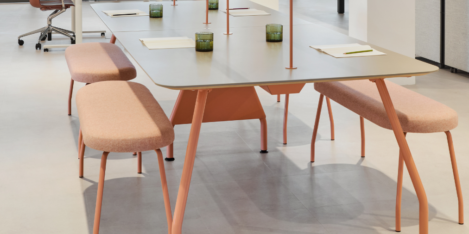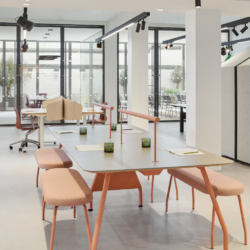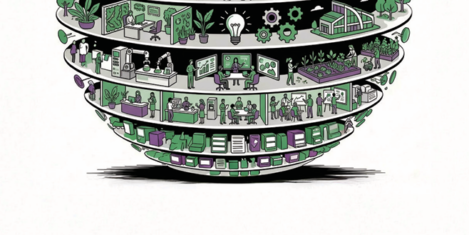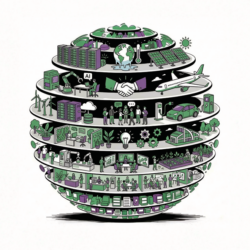To provide the best experiences, we use technologies like cookies to store and/or access device information. Consenting to these technologies will allow us to process data such as browsing behaviour or unique IDs on this site. Not consenting or withdrawing consent, may adversely affect certain features and functions.
The technical storage or access is strictly necessary for the legitimate purpose of enabling the use of a specific service explicitly requested by the subscriber or user, or for the sole purpose of carrying out the transmission of a communication over an electronic communications network.
The technical storage or access is necessary for the legitimate purpose of storing preferences that are not requested by the subscriber or user.
The technical storage or access that is used exclusively for statistical purposes.
The technical storage or access that is used exclusively for anonymous statistical purposes. Without a subpoena, voluntary compliance on the part of your Internet Service Provider, or additional records from a third party, information stored or retrieved for this purpose alone cannot usually be used to identify you.
The technical storage or access is required to create user profiles to send advertising, or to track the user on a website or across several websites for similar marketing purposes.
 The UK government says it has secured more than £17 million in annual savings over the past six months by closing three central London office buildings and relocating staff into existing space within the public estate. The most recent closure is 10 Victoria Street, which ministers say will generate around £8.8 million a year in rental savings alone. The building has been vacated as part of a wider programme to reduce reliance on leased properties and consolidate departments into what officials describe as better used government offices. (more…)
The UK government says it has secured more than £17 million in annual savings over the past six months by closing three central London office buildings and relocating staff into existing space within the public estate. The most recent closure is 10 Victoria Street, which ministers say will generate around £8.8 million a year in rental savings alone. The building has been vacated as part of a wider programme to reduce reliance on leased properties and consolidate departments into what officials describe as better used government offices. (more…)




































February 23, 2026
AI will either save work or destroy it. Apparently.
by Jo Sutherland • AI, Comment